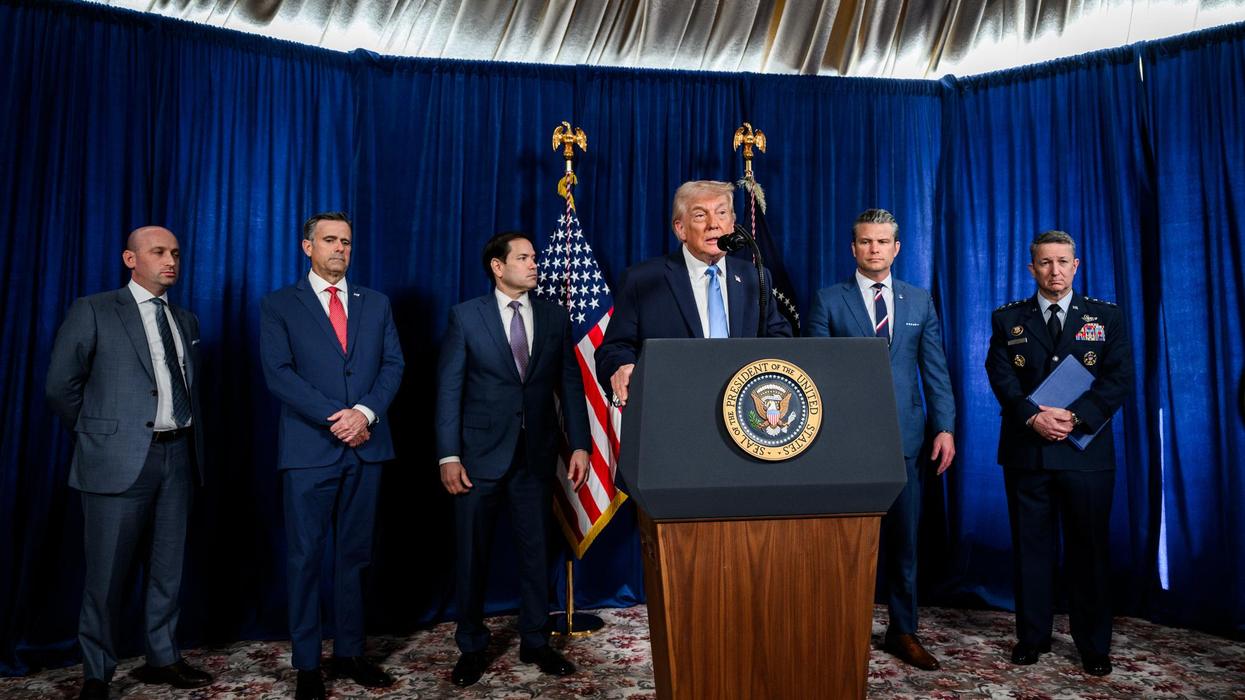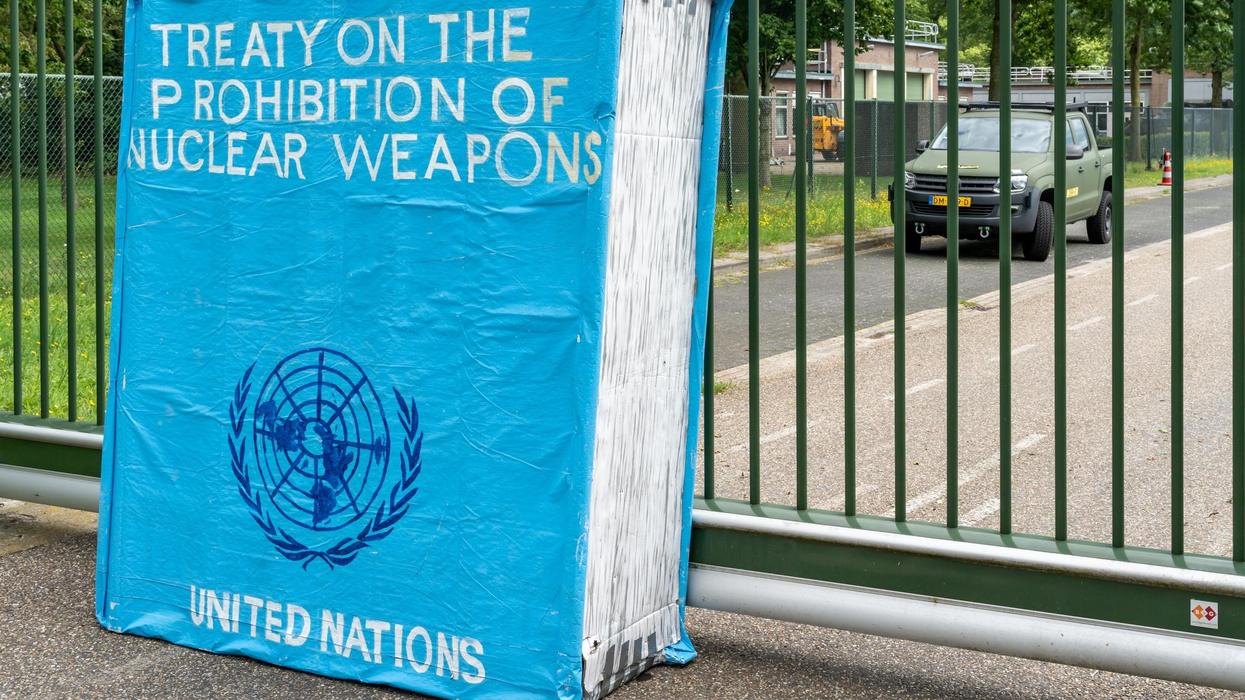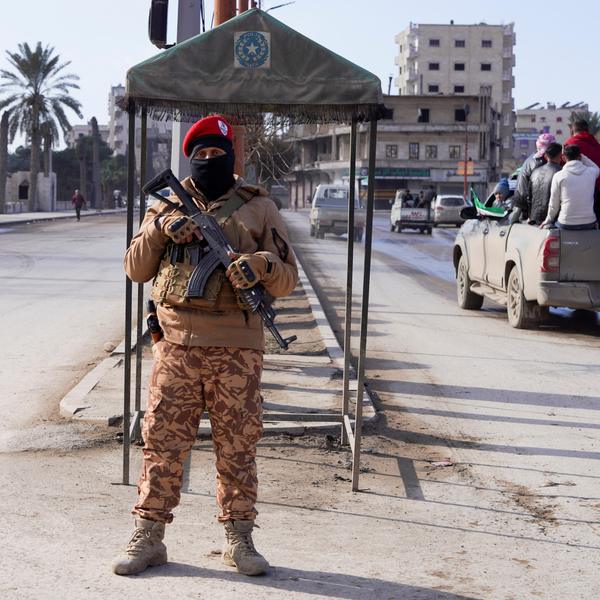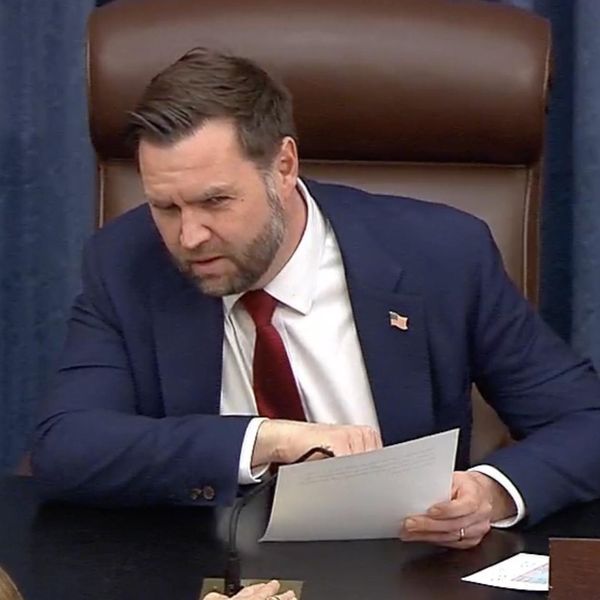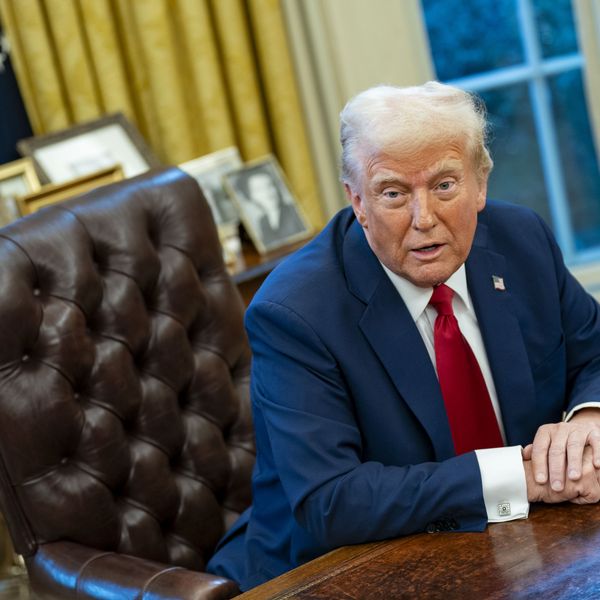Washington Post columnist Josh Rogin wrote on Thursday that his Syrian American contacts were concerned that I am part of the Biden campaign’s Middle East advisory team, seemingly because of a Foreign Affairs essay by Joshua Landis and me entitled, “The Pointless Cruelty of Syria Sanctions,” which Rogin mischaracterized as advocating for reducing U.S. pressure on the Assad government.
Since Rogin pretty clearly had not closely read the piece, given that it did not simply propose relieving pressure on Bashar al-Assad, let me review the bidding.
The argument laid out in considerable detail in the Foreign Affairs piece — and in a prior Quincy Institute paper, “Course Correction: Preventing State Collapse in Syria,” that I wrote — was that the United States should relieve the pressure on ordinary Syrians, rather than the Assad government, which in fact is not under a lot of pressure.
The Assad government is ultimately responsible for the violence that engulfed Syria, but it has effective allies, diplomatic cover in the U.N. Security Council, and faces a fragmented and ineffectual opposition. Having lost a large percentage of the Alawite population, faced down a large U.S. arm-and-train program designed to push him out, and an assortment of Jihadists challenges, it seems unlikely that Assad will cave owing to sanctions.
The Syrian people are another story. Without massive assistance, increased resources and a coordinated reconstruction effort, their ongoing decimation will gain momentum. U.S. sanctions, which threaten non-U.S. governments and NGOs with severe, even disabling punishment should they offer to help, are now a principal impediment to the survival of Syria. As Landis and I observed in Foreign Affairs, in these situations those with guns eat first. As comprehensive as sanctions might be, the Assad government will get what it needs to survive and the population will get whatever is left.
Rogin’s concerned Syrian contacts apparently wish to relitigate the civil war. They themselves have no capacity to do so, but they believe that the United States can be mobilized to take another stab at toppling Assad rule. This gambit failed the first time around, when the opposition sought to enlist the United States as a combatant on its side in the civil war. As we know, neither Presidents Obama nor Trump was willing to go all in, although the United States under Obama made a major effort to boost the armed opposition through an assistance program that Trump ended in 2017. This time around, the hope is that Washington’s typical readiness to impose grinding sanctions on other countries can be manipulated to destroy the Syrian state. Thus far, this stratagem is working, but only in the White House and on Capitol Hill.
In the meantime, the Syrian people are sick, hungry, deprived of basic services and stripped of the possibility of renewed stability for their families and communities. It is they who are being punished, not those who rule the country. The pity of it all, of course, is that the victims of sanctions are precisely those with no capacity whatsoever to change the course of Syrian foreign and domestic policy.
State collapse, apart from signifying an awful humanitarian catastrophe, would open space in Syria for ISIL and encourage further encroachment of third countries who perceive an interest in bedding down in Syria. This is emphatically not in the U.S. interest, a dimension of this issue that doesn’t seem to interest Rogin. The only way to secure U.S. interest and diminish the suffering of ordinary Syrians — that is, to act both strategically and ethically — is to take our knee off the neck of the Syrian people through sanctions relief and the gradual restoration of Syrian oil revenue to the state via a phased, hardnosed arrangement with the Syrian government. Yes, this would leave Assad in the presidency for the moment and would require delaying his accountability for human rights abuses. But Syrian people must come first.



